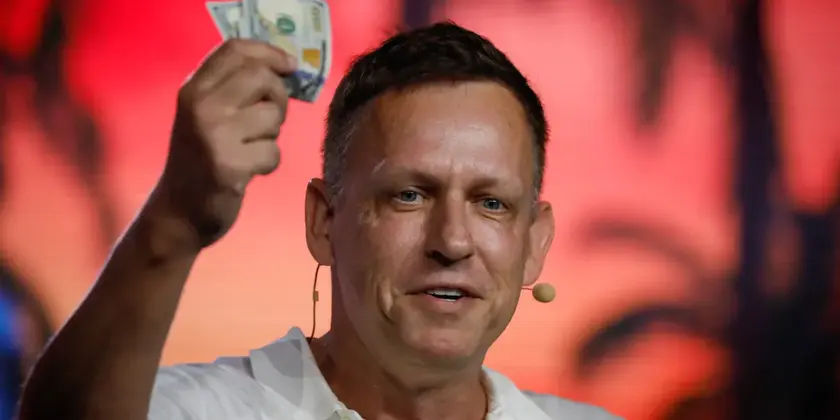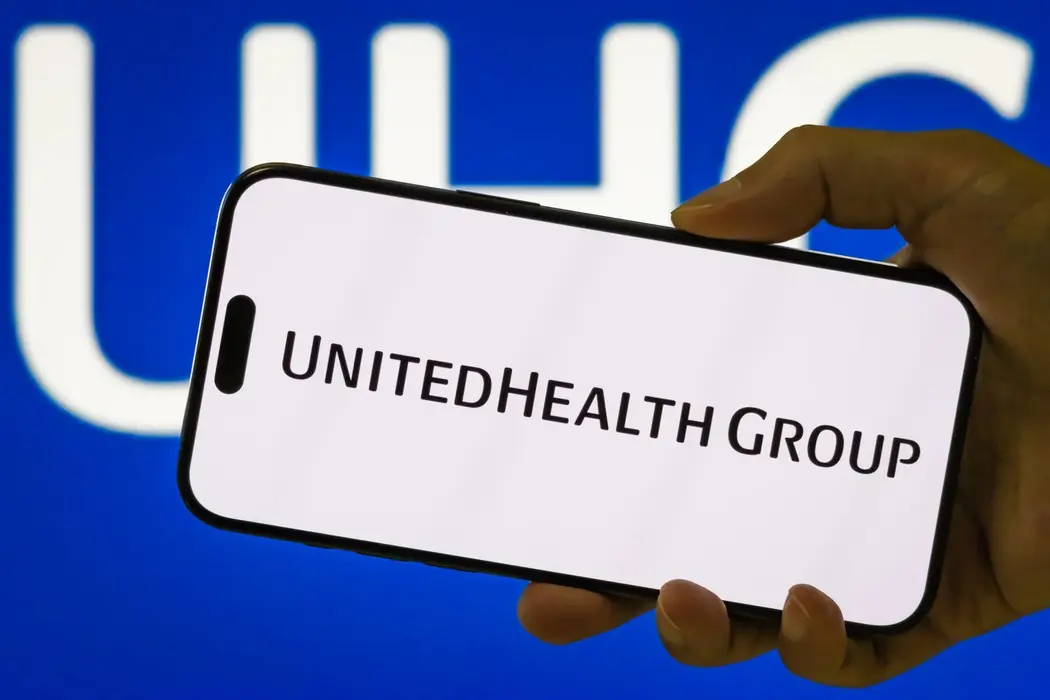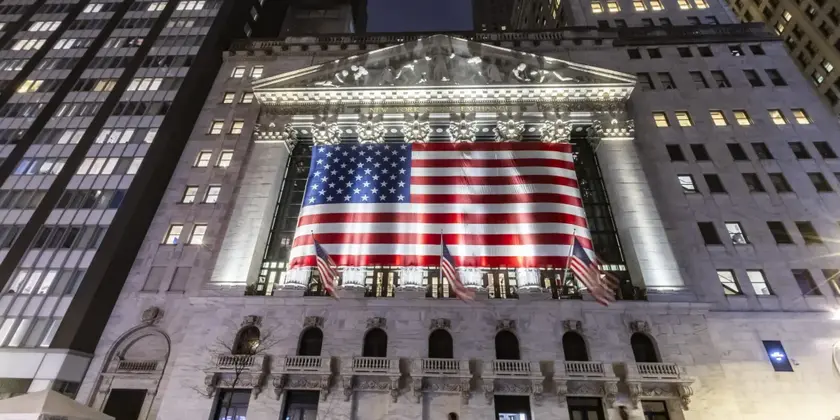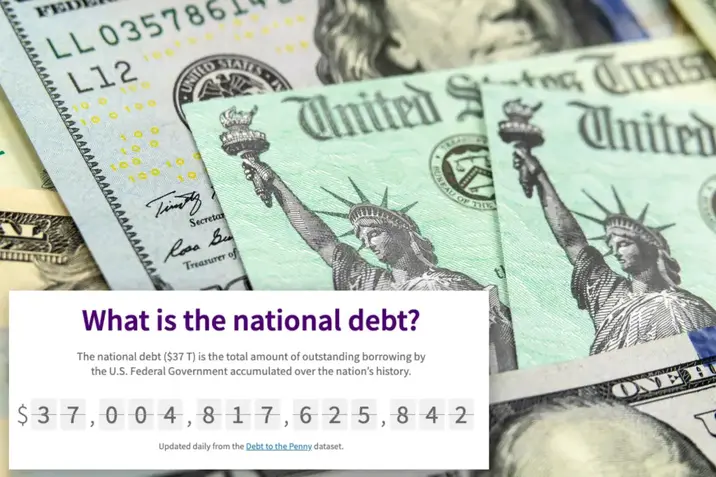T4K3.news
Thiel Fellows show dropout path to billion-dollar startups
A look at how the Thiel Fellowship has shaped startups worth billions and what it means for education and career choices.

The Thiel Fellowship offers $200,000 to young founders who skip college to build startups, a path that has produced billion-dollar companies.
Thiel Fellows prove college dropout path can create billion-dollar startups
Since 2011, the Thiel Fellowship has offered $200,000 and mentorship to young people who leave college to build startups. Fellows have founded more than 11 unicorns with a combined value over $100 billion. Notable names include Dylan Field of Figma, whose company grew into a multi-billion dollar design platform and whose IPO helped push his net worth into the billions, and Lucy Guo of Scale AI, now part of a deal valued at tens of billions. Thiel describes higher education as a corrupt institution and presents the fellowship as an alternative path for exceptional individuals. While some fellows see big wins, not every venture makes it, and failure is part of the gamble.
Rising tuition and growing student debt push many to rethink college as the only doorway to opportunity. The report notes tuition averages around $38,270 a year and surveys showing many graduates feel loans limit career growth. Proponents argue the fellowship shows a faster route to impact, while critics warn about unequal access, financial risk, and the pressure on students to gamble on unproven ideas. The success stories like Mercor, a $2 billion AI hiring platform, and the Scale AI and Figma trajectories illustrate the high end of the risk, not the average. The broader question is whether such paths should reshape how we measure education and opportunity in a changing tech era.
Key Takeaways
"Go build something amazing"
Field on focusing energy to start Figma
"You’re the average of the five people you hang around the most"
Guo on the value of the Thiel network
"Higher education is the worst institution we have"
Thiel on traditional universities
"existential dread"
Midha describing the pressure of AI timing
These stories reveal a growing tension between traditional schooling and startup culture. When networks and mentorship can be worth more than a degree, the value of a college education changes for many students. The Thiel model rewards speed, risk tolerance, and intimate access to a funding circle that can accelerate a single idea into a business. That can be transformative, but it can also widen gaps between those who can join the circle and those who cannot.
Policy makers and educators should watch how this plays out. If more students chase entrepreneurship as a default path, we may see shifts in how schools allocate funds and how we assess success. The public and investors should demand transparency about outcomes and support in safe transitions from school to startup life. The stories are inspiring, but they also remind us that the path to economic opportunity remains uneven and fragile.
Highlights
- Go build something amazing
- You’re the average of the five people you hang around the most
- Higher education is the worst institution we have
- existential dread
Backlash risk over nontraditional education paths
The piece touches sensitive topics around education, debt, and the social value of college, which could spark public backlash or political commentary. It also highlights large investment flows and potential inequities in access to mentorship and networks.
Paths to opportunity are expanding as merit and access blend with risk.
Enjoyed this? Let your friends know!
Related News

Gen Z seeks private market access

Gemini submits IPO filing

Markets shift as Berkshire stake and retail data move prices

Tariffs unlikely to shrink debt

Foreign investment in US securities hits record high

Tariffs go into effect with uncertain economic future

Moonshot AI unveils Kimi K2 model

US debt climbs past 37 trillion
